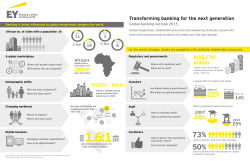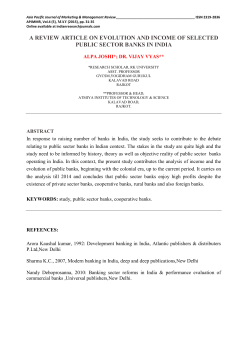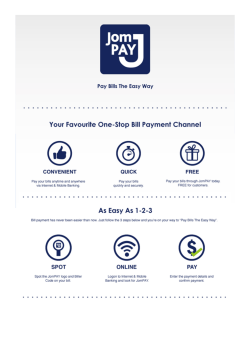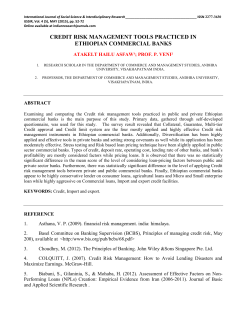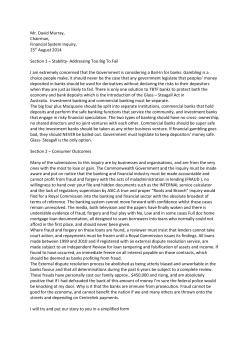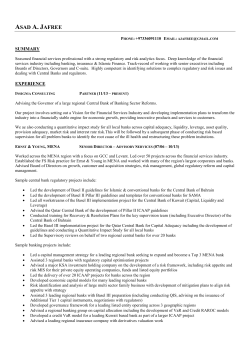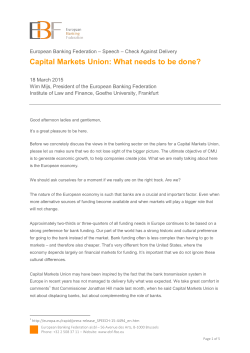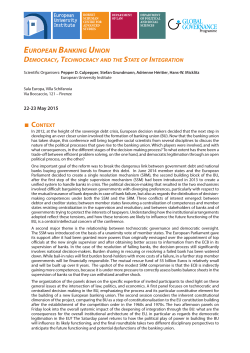
Abstract Purpose: The study sought to look at Information
Abstract Purpose: The study sought to look at Information Technology Outsourcing (ITO) practices in the Kenyan banking sector and the effect it had on performance. Balance Scorecard was used to measure performance as it considers both financial and non-financial aspects. Design/methodology/approach: The study took the form of a descriptive survey design with a target population of 14 commercial banks operating in Kenya. Primary data was collected from structured questionnaires and secondary data was collected from the banks past financial records. Findings: The study revealed that Connectivity and Help desk support were the most outsourced IT functions in the commercial banks. The study also revealed the two main drivers for ITO were strategic focus and cost reduction. The main challenge the commercial banks faced during the ITO process was lack of a proper cost benefit analysis and loss of control. The study further revealed that ITO has a positive and significant effect on financial performance, learning and growth, customer satisfaction and internal processes. Research limitations/implications: This study uses three financial firm-level performance measures ROA, ROE, NIM. The study also didn’t t explore if different types of IT outsourcing categories have different influence on banks’ performance. Originality/value: The findings of the study will provide insight for managers in banking industries when confronted with the decision of whether or not to outsource IT services in their banks. The study will also be of importance to researchers and future scholars as it will act as a source of reference besides suggesting areas for further studies that future scholars can research further.
© Copyright 2025
